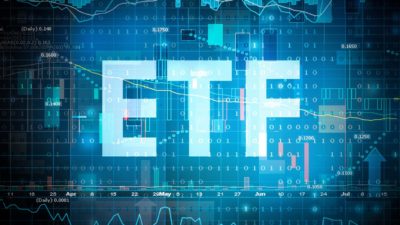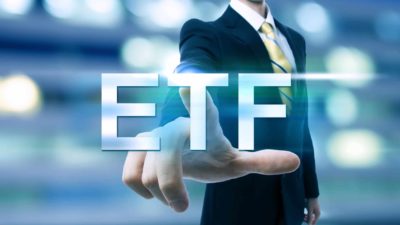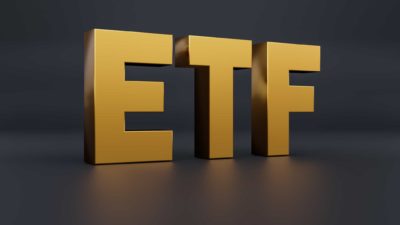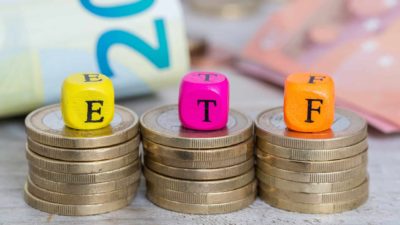The BetaShares Nasdaq 100 ETF (ASX: NDQ) is a unique exchange-traded fund (ETF) on the ASX. It is the only ASX-listed ETF that covers the NASDAQ-100 (INDEXNASDAQ: NDX) Index and NASDAQ shares exclusively.
The NASDAQ is one of the two major stock exchanges over in the United States. It tends to house the newer, tech-focused companies on it, which is why NDQ is often called a tech ETF.
Its largest holdings would be familiar to many ASX investors. They include Apple Inc (NASDAQ: AAPL), Amazon.com Inc (NASDAQ: AMZN), Microsoft Corporation (NASDAQ: MSFT), Tesla Inc (NASDAQ: TSLA) and Alphabet Inc (NASDAQ: GOOG)(NASDAQ: GOOGL).
All of these factors have made the NDQ ETF a popular one for ASX investors. The fund now has more than $2.2 billion in assets under management. Perhaps the performance history of this ETF has also helped. NDQ has proven to be one of the ASX's best-performing ETFs in recent years.
Even though NDQ has taken a hit of more than 36% over 2022 year to date, this ETF has still managed an average performance of 19.94% per annum over the past three years, and 18.15% per annum over the past five.
But has this performance come cheap? What kind of fee does NDQ charge?
Is the NDQ ETF cheap or expensive?
So the BetaShares Nasdaq 100 ETF charges an annual management fee of 0.48% per annum. That's $48 a year for every $10,000 invested.
That's objectively on the high side of what many ASX ETFs charge their investors. For example, the most popular ETF on the ASX is the Vanguard Australian Shares Index ETF (ASX: VAS). VAS charges a management fee of 0.1% per annum, or $10 for every $10,000 invested.
Another popular ETF covering US shares is the iShares S&P 500 ETF (ASX: IVV). IVV only charges a fee of 0.04% per annum, or $4 for every $10,000 invested.
But even though these ETFs are cheaper than NDQ, investors would still have been better off in the NASDAQ ETF that VAS or IVV over the past few years.
That's because VAS has returned an average of 8.95% per annum over the past five years. IVV has averaged 13.95% per annum. That's not quite in the same ballpark as NDQ's 18.15% per annum.
Even so, there's no guarantee that the NASDAQ 100 will continue to beat out the ASX and the S&P 500 going forward. If these other ETFs outshine NDQ over the next five years, its management fee might start looking expensive.
But no doubt investors in the BetaShares Nasdaq 100 ETF would be happy with the returns they have enjoyed up to this point, even with the wobbliness we've seen over 2022 thus far.









